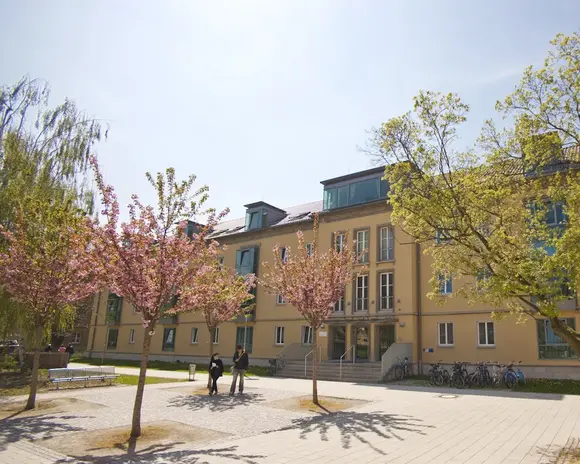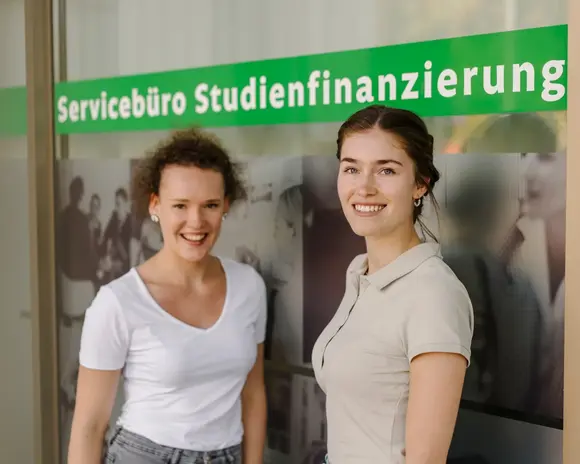Housing in Erfurt
Whether you prefer to live alone or in a community during your studies and whether you want to look for your own flat or just a room for this purpose is, of course, entirely up to you. But even at the university location Erfurt, you are rather spoilt for choice with a student residence and your own flat or shared flat in old and new buildings.
But no matter what you decide, the first step is always to look for a flat. There are a number of things to bear in mind when you are looking for a flat, and also when you move to your new city. On the following pages you will find tips and links on finding accommodation and housing costs in Erfurt, as well as on moving to your study city Erfurt.
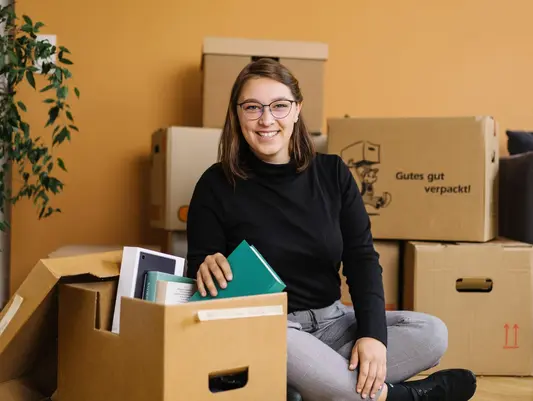
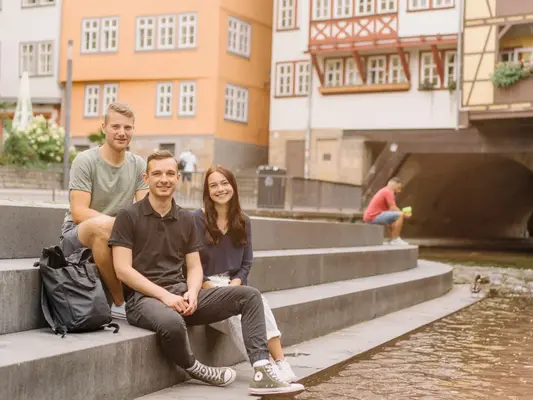
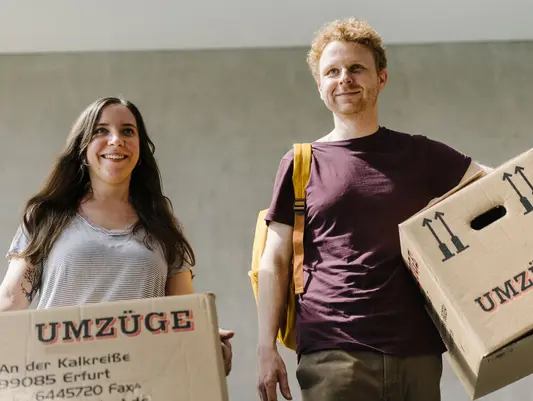
A place in a student residence, a room in a shared flat or your own flat?
A typical student flat-share is a so-called WG, which can range from a purely functional community to a family-like living community. There are all kinds, from the small two-person flat-share to the large community.
The most expensive option is usually your own flat. Another option is a room for subletting.
Flat hunting
The best way to look for rooms in shared flats, as well as other housing offers, is through city magazines, daily newspapers and notices at universities. It is usually also advantageous to place your own advertisements and post notices on notice boards.
Online portals for student shared flats (selection)
Online portals for real estate (selection)
Housing Cooperatives & Societies
Offers for bridging
In addition, there is the possibility of staying in the city's hostels and youth hostels as well as holiday flats for a short time, e.g. while looking for accommodation:
DJH Jugendherberge Hochheimer Straße Erfurt (Youth hostel)
Guest house Alte Parteischule am Südpark
Plattform hometogo for holiday flats
Apply for a place to live in the student residences of the Studierendenwerk Thüringen:
- Start of application for the winter semester: 1 April of the year in which the studies are to be commenced
- Start of application for the summer semester: 1 October of the previous year



Housing costs
Re-registration/second residence tax
Anyone moving to a new city to study must register their main or secondary residence with the municipal residents' registration office. As a general rule, the main residence is the most frequently used place of residence. A secondary residence may be subject to a secondary residence tax. In Erfurt, 16% of the annual cold rent is levied.
Provision
The commission, also called brokerage fee, is a brokerage fee that the broker receives for mediating between the tenant and the landlord. The broker's fee is usually two months' rent plus 19% VAT (2.38 months' rent). The brokerage principle applies: "He who orders, pays". The principle is anchored in the Housing Mediation Act. Landlords therefore predominantly pay the brokerage fee. Direct letting by the landlord, housing associations or mediation via the previous tenant is usually commission-free.
Deposit
The deposit is a security payment from the tenant to the landlord and may not exceed three months' rent. The amount, due date, interest and investment are regulated by law (BGB § 551). The security deposit must be invested by the landlord or tenant as a savings book or rental deposit account.
Liability insurance
Unmarried students under the age of 25 who are in initial education and are still part of their parents' household are covered by their parents' liability insurance. So anyone who moves into their own flat and changes their main place of residence needs their own liability insurance.
Household insurance
Household insurance is not always necessary, but it does make sense. It pays out for damage caused by water, fire or lightning, for example. In a student flat, however, it is only worthwhile if the furnishings are valuable. Depending on the provider, the bicycle can also be insured under this policy.
Broadcasting fee
Every household pays a licence fee of €17.50 per month to finance public broadcasting, i.e. €210 per year.
Tips for students
It is not always necessary to furnish an entire flat. For example, in many cities it is now common to rent out flats with fitted kitchens.
A good alternative to the usual furniture stores are notice boards in universities, for example in the "Stöberhaus" (second hand) or at flea markets in and around Erfurt.
Swap Shop (Puzzlekiste)

The Swap Shop is a sustainable exchange service shop for household items and other useful things. The offer is aimed for international students who come from abroad to study in Erfurt and need household items such as pots, dishes, towels, etc.. These can be borrowed (depending on availability) from the Swap Shop. At the end of the study stay, the items should ideally be returned.
Of course, all other students and employees of the university can also support the project by dropping off household items, cutlery, glasses, towels, etc. that they no longer need themselves to the Swap Shop. Please make an appointment!
Where? The Swap Shop is located in the basement of building LG 2, room 3b (-112)
Tell me Sarah & Angelique, where do you live? (in German)
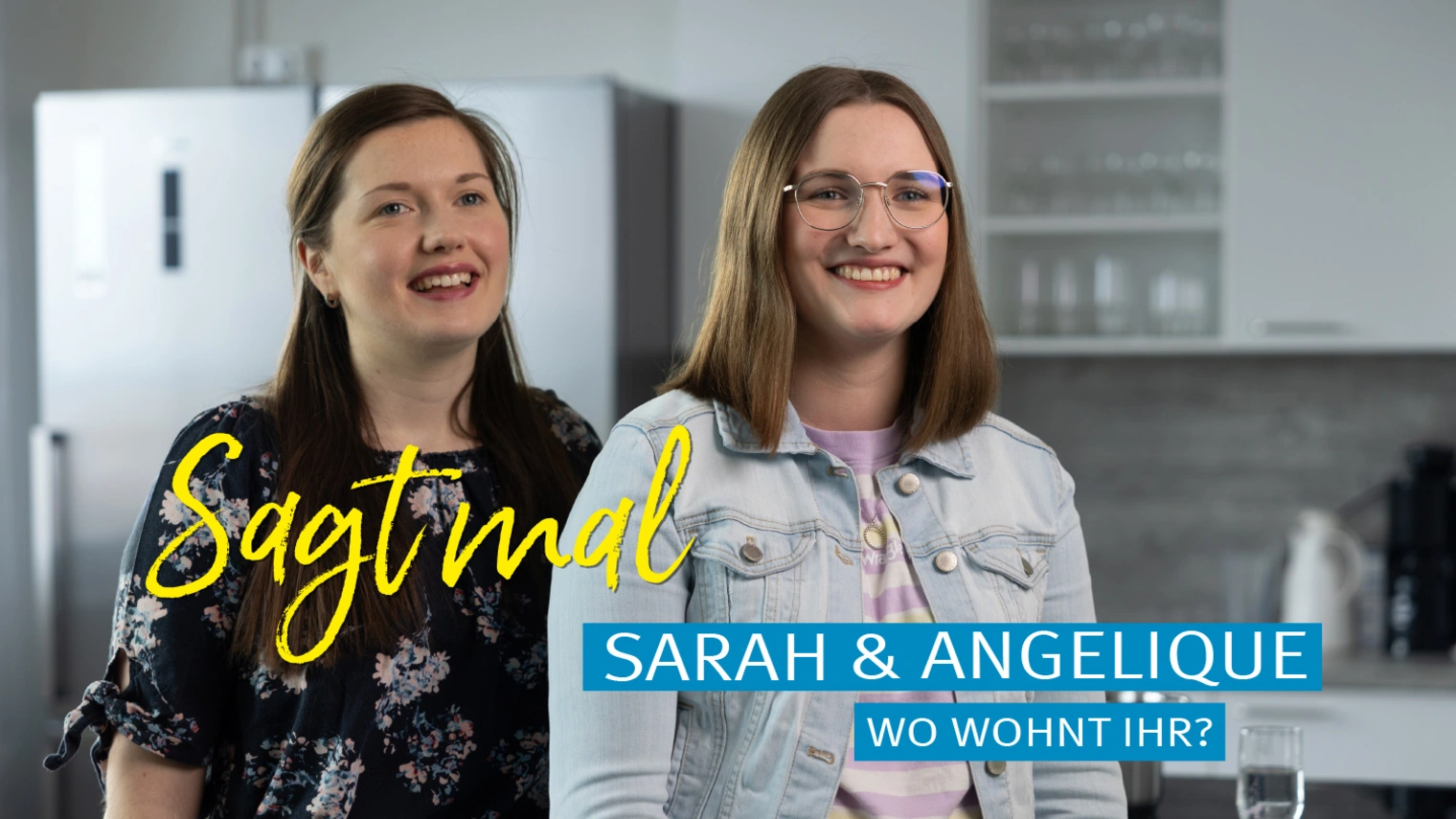
Please note: Once you watch the video, data will be transmitted to Youtube/Google. For more information, see Google Privacy.
Marieke, where do you live? (in German)
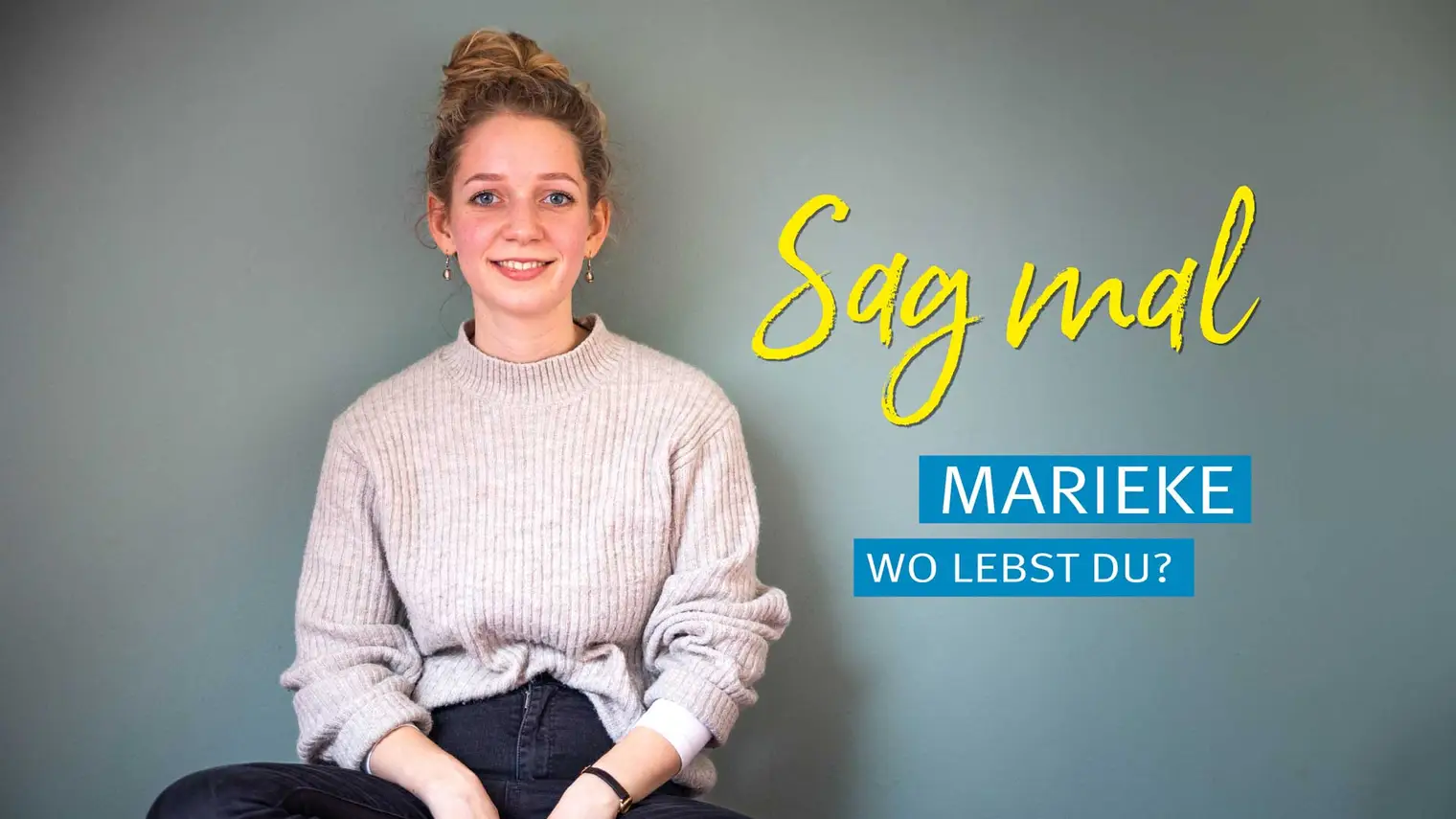
Please note: Once you watch the video, data will be transmitted to Youtube/Google. For more information, see Google Privacy.
